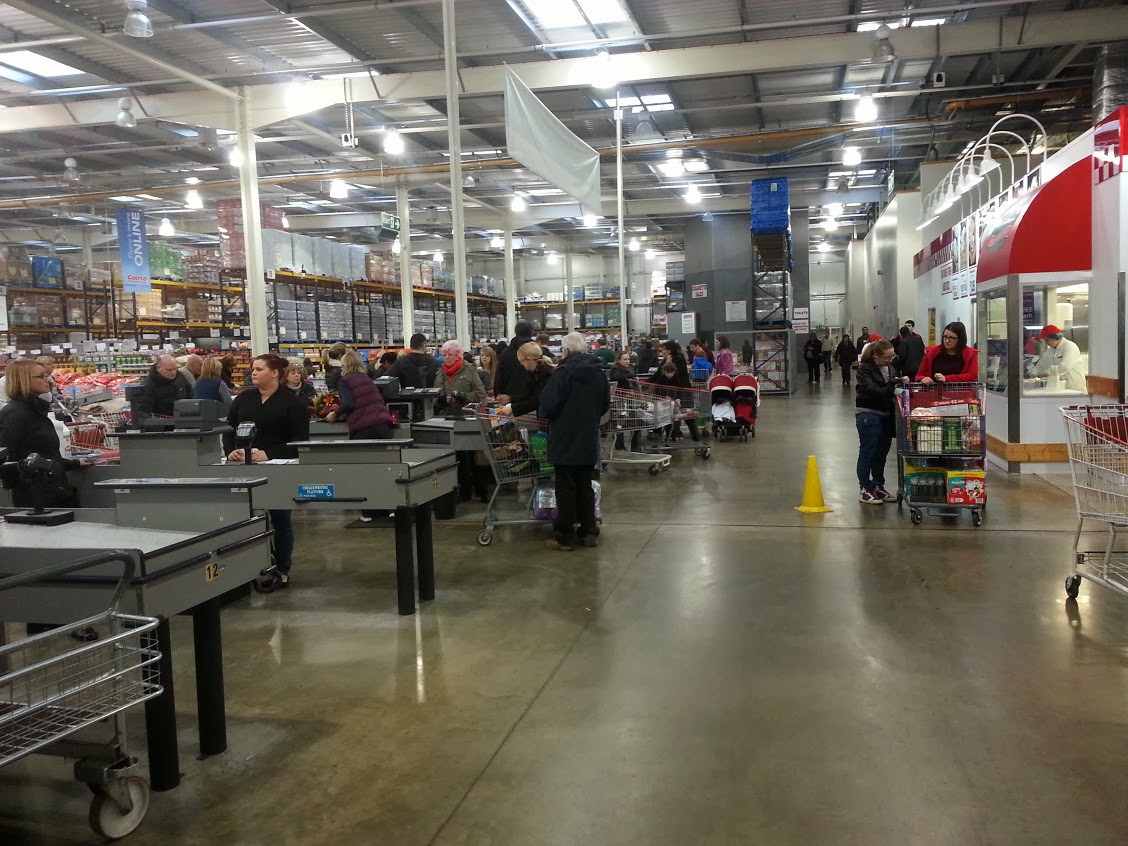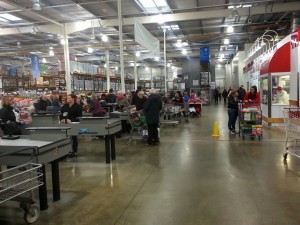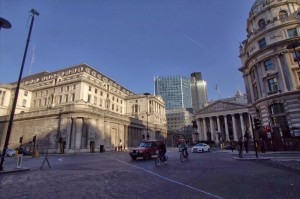
Leading expert from The Shield Group advises retailers as retail crime soars by 166 per cent
 Today, the British Retail Consortium announced the direct cost of crime to retailers last year rose to £511m, 166 per cent higher than 2007-08. A leading expert from The Shield Group, the UK’s ninth largest business security company, looks at these figures and offers retailers advice on how to best protect themselves in 2014. Paul Bland, Divisional Director-Retail of The Shield Group, is hoping his advice can help retailers better prepare during a time of increased incidents of theft and fraud.
Today, the British Retail Consortium announced the direct cost of crime to retailers last year rose to £511m, 166 per cent higher than 2007-08. A leading expert from The Shield Group, the UK’s ninth largest business security company, looks at these figures and offers retailers advice on how to best protect themselves in 2014. Paul Bland, Divisional Director-Retail of The Shield Group, is hoping his advice can help retailers better prepare during a time of increased incidents of theft and fraud.
Last year, retailers suffered the highest level of theft for nine years. Thefts by customers rose to their highest level for nine years, with the average value of items stolen going up by 62 per cent, to £177. High-value items being targeted include electrical goods, designer clothing, handbags and power tools. With the well published struggles of the British high street, the added crippling cost of theft could force many to shut their high-street branches, with small to medium business affected the most. According to the consortium’s annual retail crime survey, retailers suffered 2.7 million offences in the year 2012-13. Whilst Burglary, robbery and staff theft all take their toll by pushing up retail costs, but shoplifting and the rise of supply chain fraud having by far the biggest impact. Last year, theft values by customers reached their highest level in almost a decade, meaning it now accounts for more than 80 per cent of all retail crime, the report states. Supply chain fraud, increased by 15 per cent from the previous year, as organised criminal gangs have become more sophisticated in their approach. In recent years, retail crime has evolved and surpasses the rather more obvious shoplifting to more complex crimes like cyber fraud, organised robbery and employee theft, affecting big and small businesses alike.
As a result, both independent and small retailers are turning in ever-greater numbers to private security for security solutions. Sector trained security and loss prevention officers are well placed to stifle criminal activities on the shop floor and implement rigorous crime and loss prevention measures to discourage theft, reduce shrink and promote a safer, more profitable shopping environment. The Shield Group believes that the implementation of intelligence-led security solutions across retail communities has played a vital role in preventing imminent and potential criminal threats. As retail crime evolves, it is more necessary than ever to use these measures to anticipate and pre-empt crime by sourcing, analysing and exploiting timely intelligence.
Effective governance is being built through proactive criminal investigations, developing good practice with the retailers and transmission of evidence to the authorities. A cost-effective method for small retailers to increase their security success rate is active cooperation between each other, as well as with private security firms, community groups and the police. The volume of information now shared, results in a ‘constant chatter’ between these entities, discussing subject matter such as movements of known shoplifters, real-time notification of thefts and new theft techniques, as well prominent prosecutions. This intelligence-fed security approach equips retailers with the information required to adapt to changing theft techniques and implement strategies that best protect their brands for the future.
Product security is no longer focussed solely on the shop floor; stock tagging as well as careful shipment. Digital marking and Radio Frequency Identification (RFID) tracking now plays a key role in protecting the whole supply chain from warehouse to customer.
Frontline security officers have contributed to a 50 per cent fall in robbery and violence against staff and customers. This gives retailers confidence that security officers are able to step in at the critical moment to diffuse tensions and respond quickly to situations before the local police arrive, acting as a vital deterrent to criminals.
Technological advances are also helping many small retailers react to crime while it is being committed. Improvements in Electronic Article Surveillance (EAS) systems, in-store and local CCTV and other technological advances are discouraging criminals and helping managers better allocate human resources.
Paul Bland, Divisional Director-Retail at The Shield Group, commented: “We have found retailers are spending more on private security measures now than they have in the past as they need to think of new ways to protect themselves from theft which last year cost UK retailers over £511m in losses. The implementation of intelligence-led security solutions across retail communities will play a vital role in preventing imminent and potential criminal threats. As retail crime evolves, we believe it is more necessary than ever to use these measures to anticipate and pre-empt crime by sourcing, analysing and exploiting timely intelligence.”
He added: “The Shield Group is seeing a large increase in active cooperation between individual retailers, private security firms, community groups and the police. The volume of information now shared results in a ‘constant chatter’ between these entities, discussing subject matter such as movements of known shoplifters, real-time notification of thefts and new theft techniques, as well prominent prosecutions.”
“Technological advances are helping many retailers react to crime while it is being committed. Alarms, in-store and local CCTV and other technological advances are discouraging criminals and helping security managers better allocate human resources. Private security companies such as The Shield Group are now offering a Total Security Solutions (TSS) model, allowing them to focus solely on securing their clients’ premises, employees and customers. This innovative model has proven a success with many retailers across the nation, leaving them to focus on serving their customers better.”
Top Security Tips for Small to Medium Retailers:
- Carry out a Crime and Loss Prevention risk assessment
- If outsourcing security, ensure the company is able to demonstrate sector expertise and provide the sort of protection and services required
- Make sure that crime prevention systems are up-to-date and working well with regular reviews and checks
- Senior Management demonstrate a commitment to driving Loss Prevention culture engagement from all staff
- Ensure store management attend local crime prevention group meetings and intelligence obtained from the authorities is communicated to staff at all levels
Paul Bland is the Divisional Director-Retail of the UK’s ninth largest business security company. The Shield Group provides innovative, streamlined and specialist security services, implemented under a total security solution business model, to its customers nationally. www.theshieldgroup.com.

